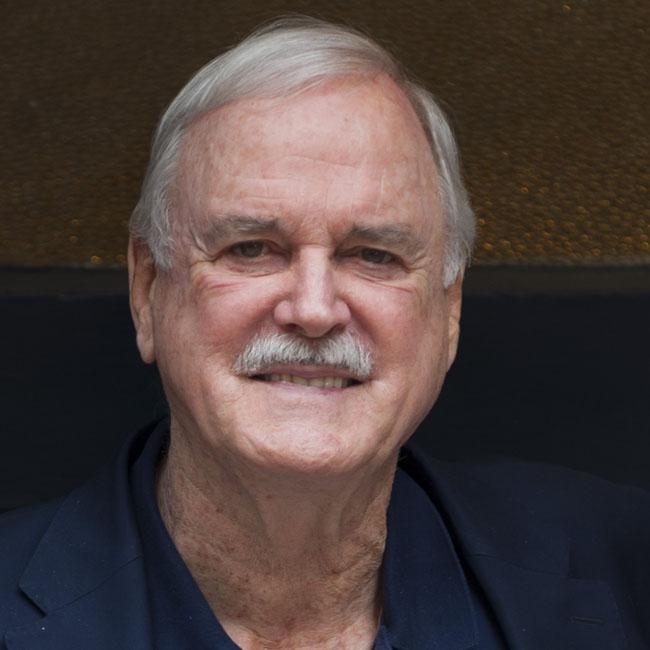UKTV will reinstate ‘The Germans’ episode of ‘Fawlty Towers’.
There was uproar after UKTV, owned by the BBC, took down the episode, which features Cleese’s character Basil Fawlty shouting the phrase "Don’t mention the war", while goose-stepping around his hotel.
The original episode also featured hotel guest Major Gowen using racist language when telling an anecdote about the West Indies cricket team and UKTV has now revealed it will reinstate the episode after providing some "extra guidance" for viewers.
UKTV said in a statement: "We already offer guidance to viewers across some of our classic comedy titles, but we recognise that more contextual information can be required on our archive comedy, so we will be adding extra guidance and warnings to the front of programmes to highlight potentially offensive content and language.
"We will reinstate Fawlty Towers once that extra guidance has been added, which we expect will be in the coming days.
"We will continue to look at what content is on offer as we always have done."
This comes after John Cleese, 80, who starred in and co-wrote the comedy series with Connie Booth, blasted the removal as "stupid".
He told the Sydney Morning Herald: "One of the things I’ve learned in the last 180 years is that people have very different senses of humour. Some of them understand that if you put nonsense words into the mouth of someone you want to make fun of you’re not broadcasting their views, you’re making fun of them.
"The Major was an old fossil left over from decades before. We were not supporting his views, we were making fun of them. If they can’t see that, if people are too stupid to see that, what can one say?
"’Fawlty Towers’ has given a large number of people a great deal of happiness, why would you want to stop that. It reminds me of the definition of a Scottish Presbyterian as someone who has a nasty, sneaking feeling that someone, somewhere, is having a good time.
"A lot of the people in charge now at the BBC just want to hang onto their jobs. If a few people get excited they pacify them rather than standing their ground as they would have done 30 or 40 years ago."
